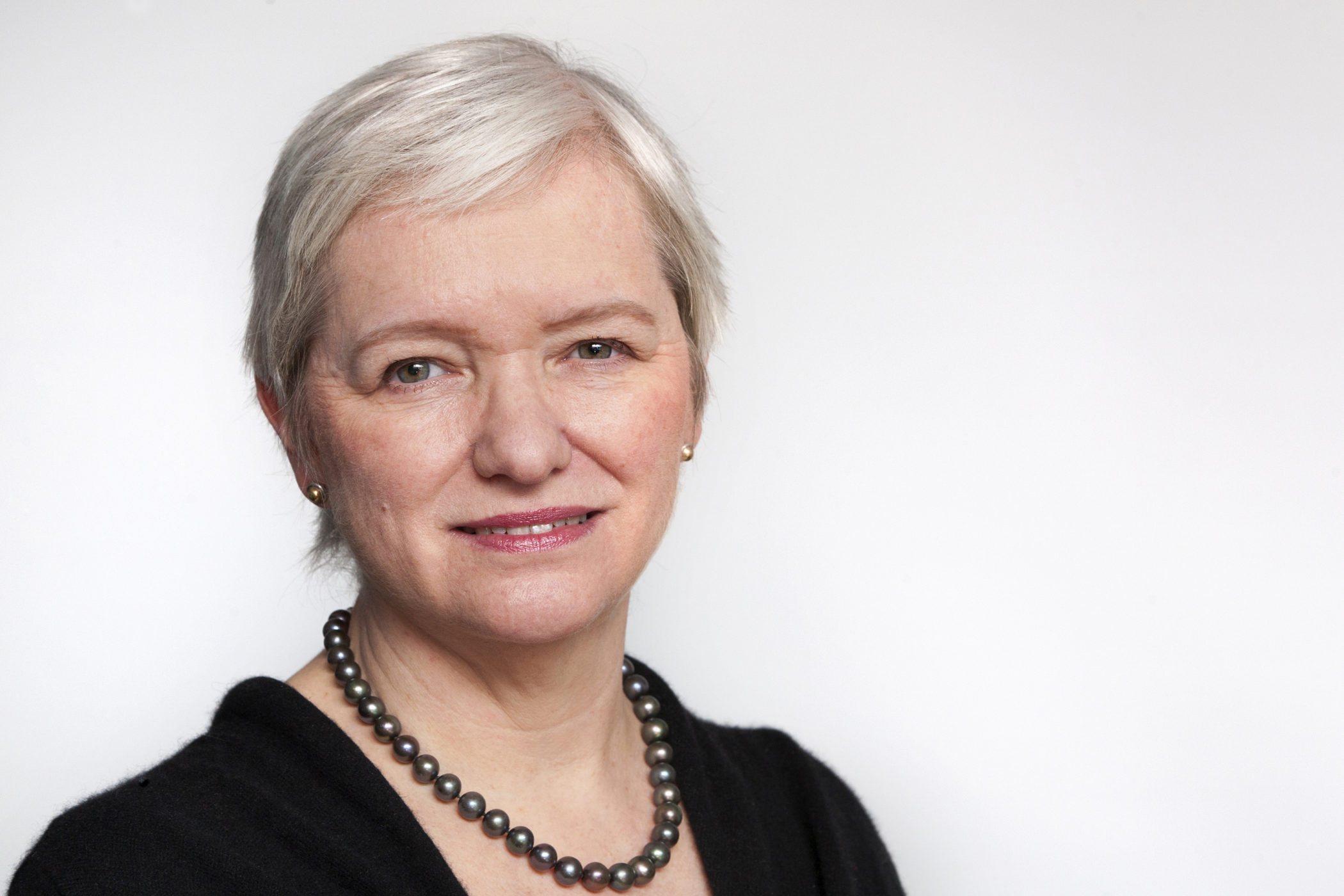
Bridget Rosewell (Competition Chair) is an experienced director, policy maker and economist, with a track record in advising public and private sector clients on key strategic issues. She is a Commissioner for the National Infrastructure Commission, Non-Executive Chair of the Driver and Vehicles Standards Agency, a Founder and Senior Adviser of Volterra Partners, and a Non-Executive Director of Network Rail and of Atom Bank. She was Chief Economic Adviser to the Greater London Authority from 2002 to 2012, responsible for all transport and economic impact analysis. She is a Fellow of the Institution of Civil Engineers, and was awarded an OBE for services to the economy in July 2013.
She has worked extensively on cities, infrastructure and finance, advising on projects in road and rail and on major property developments and regeneration. She has been a member of commissions looking at the future of public services, city finance, London finance, the North East economy, city growth and London infrastructure.

Sir John Armitt is a civil engineer and is currently Deputy Chair of the National Infrastructure Commission. He is also Chairman of National Express, Deputy Chairman of Berkeley Group Holdings PLC, Chairman of the City & Guilds Group, and an independent Non-Executive Director of Expo 2020. Sir John received a knighthood in 2012 for services to engineering and construction.
He was President of the Institution of Civil Engineers from 2015 to 2016, a member of the Board of Transport for London from 2012 to 2016, Chairman of the Olympic Delivery Authority from 2007 to 2014 and Chairman of the Engineering and Physical Science Research Council from 2007 to 2012. From 2001 to 2007 he was Chief Executive of Network Rail and its predecessor, Railtrack. From 1997 to 2001 he was Chief Executive of Costain Group PLC. Before this, he was Chief Executive of Union Railways, the company responsible for the development of the high speed Channel Tunnel Rail Link. This followed a 27-year career at John Laing PLC.

Laura Shoaf is Managing Director of Transport for the West Midlands (TfWM), responsible for key initiatives such as Midlands Connect, the HS2 Connectivity Package and the region’s Strategic Transport Plan, as well as delivering £4billion of transport investment over the next 10 years underpinning economic regeneration in the region. She is a Chartered Member of the Royal Town Planning Institute and a committee member of both UITP and EMTA, highly-respected international and European organisations dedicated to promoting public transport and the dissemination of best practice.
She was previously Head of Strategic Planning and Implementation at the Black Country Consortium, where she was instrumental in the creation of the Black Country Local Enterprise Partnership (LEP). As Black Country Director of Transport, she championed and led the area’s transport agenda, directly advising Chief Executives, Leaders and the LEP. In 2015, she became Strategic Director for Transport at the West Midlands Integrated Transport Authority before taking up her current role in June 2016.

Jim O’Sullivan was appointed Chief Executive of Highways England in July 2015. Jim is a chartered engineer and has spent his career within transportation, asset management, and utility organisations. He was previously Managing Director at Heathrow Airport Holdings (formerly BAA) – Airports Division and Edinburgh Airport.
Jim holds a degree in Air Transport Engineering from City University, London, an MBA from Lancaster University and he is a Chartered Engineer.

Baroness Brown of Cambridge DBE FREng FRS (Julia King) is an engineer, crossbench member of the House of Lords, Deputy Chair of the Committee on Climate Change, and Chair of the Adaptation Sub Committee. She is also Chair of the Henry Royce Institute for Advanced Materials; Non-Executive Director of the Offshore Renewable Energy Catapult; and Chair of STEM Learning Ltd.
She has a distinguished background in academia and business, spending sixteen years as a researcher and university lecturer at Cambridge and Nottingham universities before joining Rolls-Royce plc in 1994 where she held several senior executive positions in aerospace and marine. She led the King Review on low carbon vehicles for the Chancellor of the Exchequer in 2007 to 2008, and was a member of Lord Stern’s review of the Research Excellence Framework. Other previous positions include Vice-Chancellor of Aston University; Non-Executive Director of the Green Investment Bank; member of the UK Airports Commission; Chief Executive of the Institute of Physics; Principal of the Engineering Faculty at Imperial College, and Non-Executive Director of the Department of Business, Innovation and Skills.

Professor Natasha Merat is an experimental psychologist and research group leader of the Human Factors and Safety Group at the Institute for Transport Studies, University of Leeds. She is Chair of the Transportation Research Board sub-committee on Human Factors in Road Vehicle Automation, and has appointments as expert advisor to the European Commission, AutoLiv Inc, Meridian Mobility Technology, and the UK Department for Transport Committee on Connected and Automated Transport.
Her main research interests involve understanding the interaction of road users with new technologies. She applies this interest to studying factors such as driver distraction and driver impairment, and she is an expert in studying the human factors implications of highly automated vehicles. She is currently involved in a number of UK and European funded projects in this area, understanding the human element of automated vehicles, for both drivers inside the vehicle and pedestrians/cyclists sharing the roads with these new forms of mobility.

Chris Holmes, BEng, CEng is a Senior Manager in the Jaguar Land Rover Research team, responsible for the research and engineering of connected and autonomous cars. Chris is the Jaguar Land Rover lead on the UK Autodrive and UK CITE consortium projects. He has a wealth of experience in automotive engineering having previously worked for Ford and Ricardo Consulting Engineers.
UK Autodrive is the largest of three separate consortia that are currently trialling automated vehicle technology through a government-backed competition to support the introduction of self-driving vehicles in the UK. Through the programme, autonomous and connected cars and pods will soon become a regular sight in Milton Keynes and Coventry. UK CITE is a project to create a state-of-the-art environment for testing connected and autonomous vehicles in Warwickshire. The project will establish how these technologies can improve journeys, reduce traffic congestion, and provide entertainment and safety services through better connectivity.




